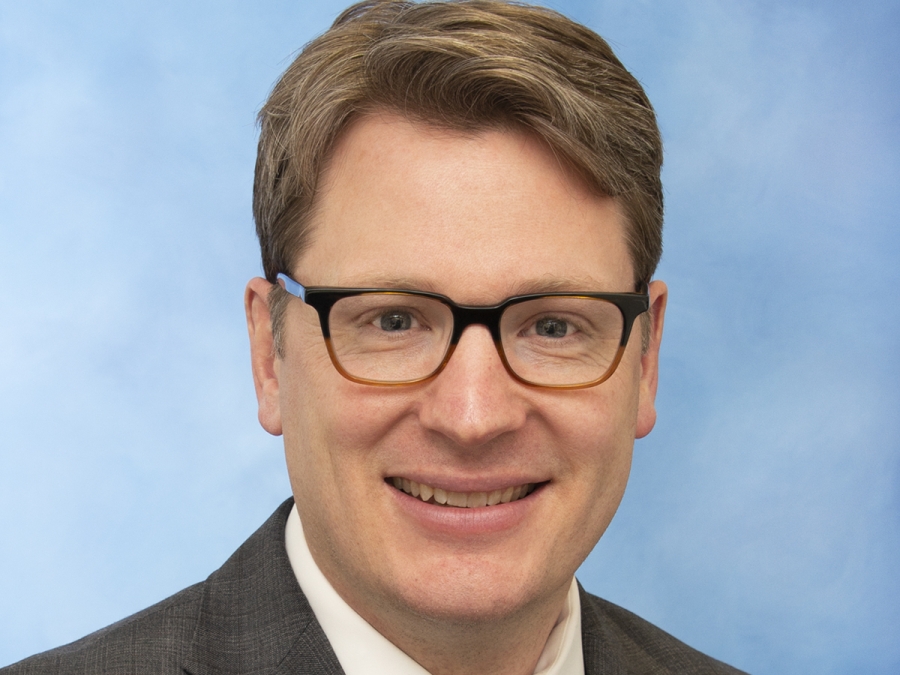
150 years of training future leaders
The Department of Surgery is committed to providing expert, innovative, and compassionate health care and education.
The University of Michigan Medical School Department of Surgery will create a positive, substantive impact on human health, through collaboration among clinicians, scientists, medical and business professionals to achieve:
- Highly effective, compassionate patient care
- Innovative science and meaningful discovery
- Superior, engaging education
The Department of Surgery will be the best such academic group in the world, dedicated to:
- Improving patients’ chances of healthy survival while bettering the quality of their care
- Discovering and developing insights, innovations and tools needed to better prevent and treat disease
- Educating next generations of surgeons and researchers
The people of the Department of Surgery are committed to advancing medicine and serving humanity through living and teaching our core values.
Michigan Surgery has a strong track record of excellence, and I welcome the opportunity to build on this legacy. To provide timely, high quality care to our patients, we must embrace the challenges posed by our evolving health care environment. This means continuing to strategically expand our clinical programs; promoting diverse areas of discovery; training future leaders; and fostering an inclusive culture that brings forth the very best in our talented faculty, trainee and staff.

The Michigan Promise aims to empower faculty members and residents in the Department of Surgery to achieve professional success. We support initiatives connected to environment, recruitment, leadership, achievement, innovation and outreach.
The Department of Surgery has an appointed cabinet of fifteen Vice Chairs charged with advising the Chair on the successful execution of our tripartite mission and leading special projects in their respective areas. Vice Chairs typically serve a renewable three- year term. The Vice Chairs collectively meet monthly with the Department of Surgery Chair, Dr. Justin B. Dimick. They also serve on the Chair’s Executive Committee and attend monthly meetings for the committee.
Christopher Sonnenday, MD, MHS: Executive Vice Chair
Susan Pitt, MD: Faculty Development
Michael Englesbe, MD: Resident Mentorship
Katherine Gallagher, MD: Basic & Translational Sciences
- Calista Harbaugh, MD, MS: Resident Professional Development
- Tasha Hughes, MD, MPH: Vice Chair of Health & Well-Being
- Andrew Ibrahim, MD, MSc: Health Services Research
- Grace Kim, MD: Education
Jeffrey Kozlow, MD, MS: Finance
- Nabeel Obeid, MD: Clinical Operations
- David Odell, MD, MMSc: Quality & Safety
Erin Perrone, MD: Faculty Life
Robin Petroze, MD, MPH: Global Surgery
Jenny Shao, MD: Diversity, Equity & Inclusion
Patient Inquiries
For any care-related questions, patients can contact one of our U-M Health surgical clinics.
Contact a surgical clinic at U-M Health
- Office of Education: [email protected]
- Office of Research: [email protected]
- Office of Development: [email protected]